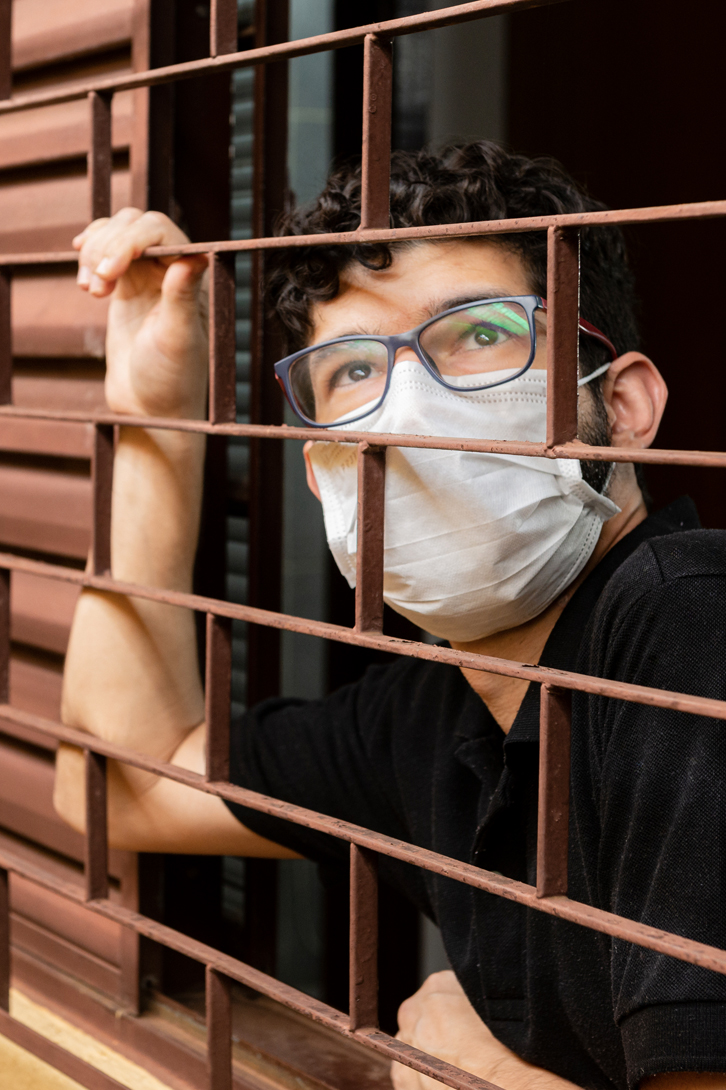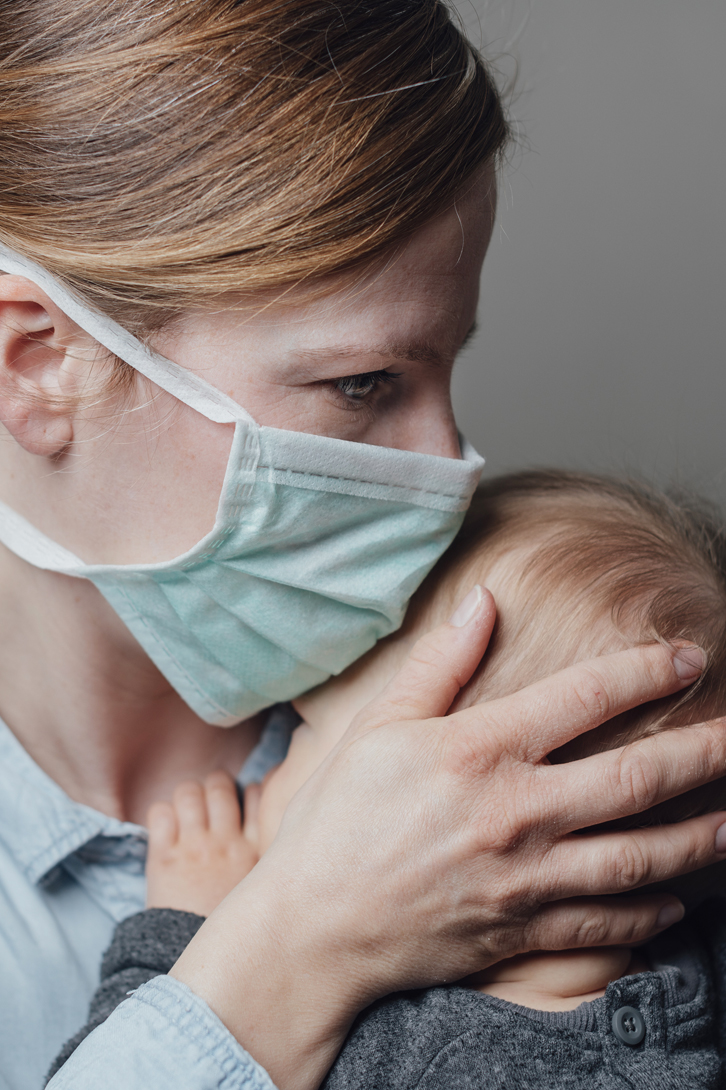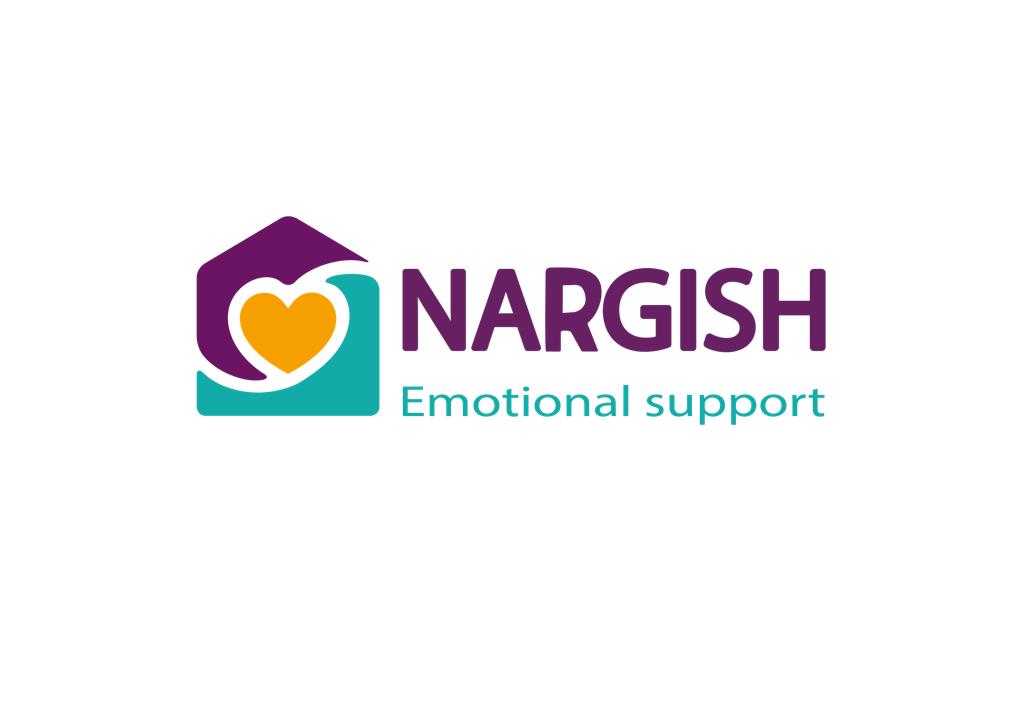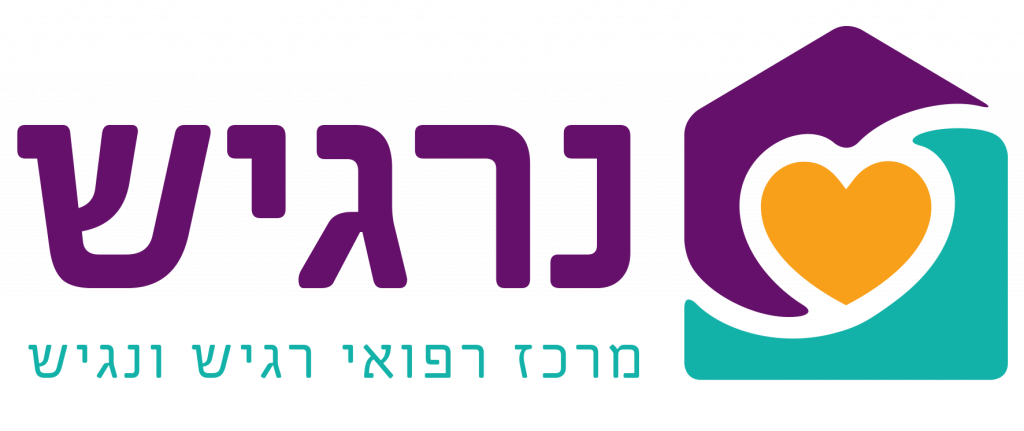Today, “Long Covid” is a common term according to all medical professionals. This term was born in light of the direct impression of competent authorities who treated those affected by the coronavirus pandemic and those around them. In fact, even if a person or a family member did not contract the coronavirus, this does not mean that they are exempt from the symptoms of the damage, known today in the professional term “Long Covid”. Emotional trauma can result from a traumatic event or experience following a loss, grief, loss of abilities, exposure to horrific events, severe humiliation, direct or indirect violence, injury from accidents and so on, and it is clear that dealing with trauma, erodes the sense of value and impairs the quality of life, and some might say, even human dignity. Hence, dealing with the combination of “Long Covid” and emotional trauma can be devastating and may even lead to unusual difficulties, both for those who struggle and their family members.
Therapists say that sometimes victims reported deteriorating mental state during lockdowns, as the lack of distractions caused a feeling of flooding with emotions, and even the awakening of repressed thoughts and memories of a trauma that had already occurred, as well as anxiety attacks.
At “Na(r)gish”, the leading organization in Israel that deals with the consequences of “Long Covid” in combination with the consequences of dealing with trauma, we invite you to come and receive the necessary tools to positively deal with the understandable and unique feelings and difficulties, and thus to reduce the emotional burden, both of those who struggle and their immediate family members. The staff is sensitively aware that the coronavirus pandemic has led to uncertainty which has led to greater anxiety and a flood of repressed events. All of these have also led to loneliness and disconnection from anything that helps on a daily basis, to succeed in coping, in a sense. There is no reason to feel alone in the that situation, or rather, in a combination of these situations. The help is warm and personal, and encourages internalization, so that the overall coping process is healthier.









